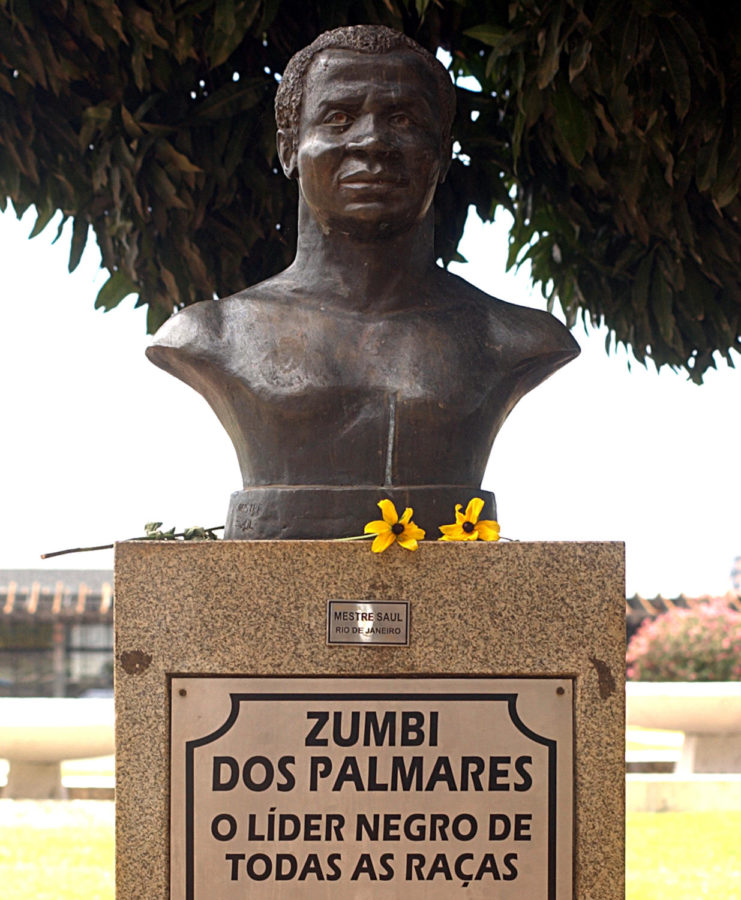Celebrating Black History Month: Black Migrations of Resistance
February 13, 2019
The national theme of Black History Month for 2019 is Black Migrations. We will take a look at the different geographic movements of black people all over the world. Black people moved for many different reasons. When they moved, they brought their cultures, talents and ideas to the places they moved to. Each week, pay attention to the announcements and come to The Bear Truth to learn about a few of the important Black Migrations that took place in different parts of the world. You will be able to win prizes at the Black History Month Program which will be held at 6:30pm on February 22 in the WSHS Auditorium.
Migrations of Resistance
You have probably learned about the Underground Railroad where Blacks in the United States moved from the South to the North to escape slavery. Many of them made their way as far as Canada. There are still communities of Black people in Canada who are descended from those travelers on the Underground Railroad. But did you know there were escapes taking place in the Caribbean and South America as well? There were uprisings everywhere there were slaves, up until abolition.
One such uprising was the Palmares rebellion. Quilombo dos Palmares was a settlement of enslaved Africans (largely from Angola) who had fled captivity in Brazil. They established a community in 1605 and fought off their oppressors for nearly a century. Zumbi dos Palmares was a leader of the resistance who fought for freedom for all Afro-Brazilians. Zumbi was in charge of military operations. The Portuguese government offered the runaway slaves of Palmares freedom if they would submit to the Portuguese government. Zumbi refused this offer and said that he could not accept freedom when other Africans were still going to be enslaved. He continued to fight against slavery and became the king of Palmares. Zumbi is still a symbol of liberation in Brazil.
Another example of resistance is the Jamaican Maroons. These escaped Africans in Jamaica (many descendants of the Ashanti Empire) formed mountain settlements and fought off the British in a series of revolts and wars that pretty much continued until the abolition of slavery in 1834. In another rebellion in Suriname, enslaved Africans fled into the forests and resisted their oppressors until a peace treaty in 1760 established the Ndyuka as a free state within a state.
Article information courtesy of The Sankofa Project.




















